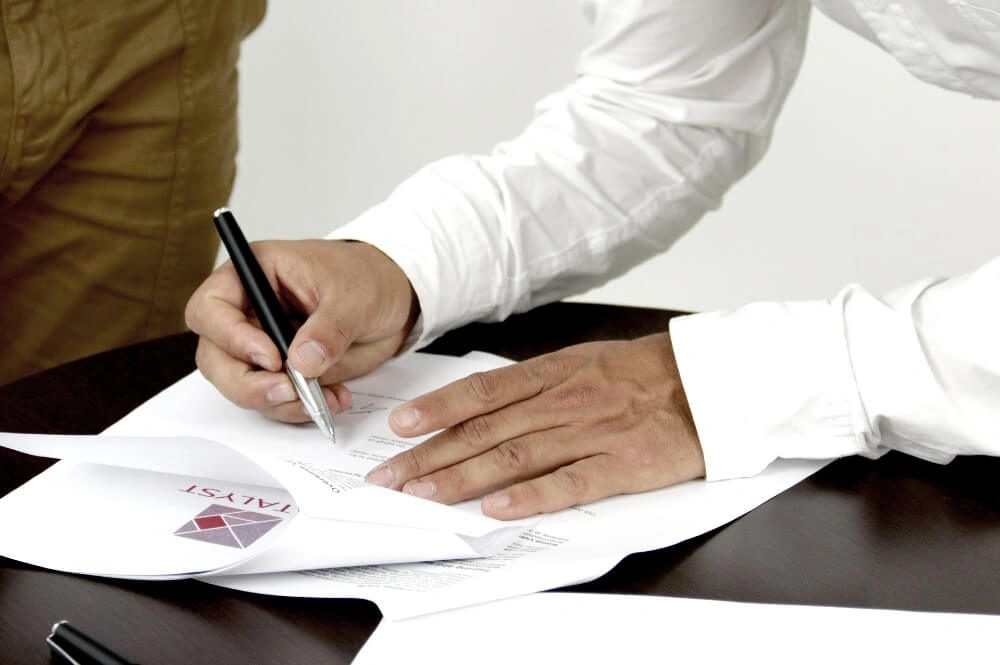Tax obligations when buying real estate in Croatia
Buying real estate in Croatia also entails certain tax obligations, and these depend on several factors, among others, whether it is a real estate in which no one has lived before. Read below about what are the obligations when paying real estate sales tax, but also what factors should be taken into account.
New or used property?
When it comes to tax obligations when buying real estate, the first question is whether the real estate is new (that is, whether it has been inhabited) or not.
If you buy a new property (ie one that has not been inhabited) from a VAT payer, then you are obliged to pay VAT (25%) on the delivery of the building (or part of the building), including the land on which the building is located. The same applies to the purchase of a used building with land within two years if the supplier of the building is liable for VAT. In this case, you do not need to pay real estate transfer tax.
If you are buying real estate that does not belong to the previous category, then when buying real estate you are obliged to pay real estate sales tax at a rate of 3% in relation to the market value of the real estate at the time of the tax liability. Thanks to the fact that the real estate purchase agreement is certified by a notary public, they, the notaries public, deliver the documents on the acquisition of real estate to the competent tax administration, which then issues a temporary tax ruling. The acquirer of real estate is obliged to pay the determined amount of tax within 15 days from the date of delivery of the tax decision.
Sending to the tax administration
In the event that the document on the acquisition of real estate was not notarized by a notary public, but was issued by a court or another official body, then the real estate acquirer is obliged to personally report the sale of real estate to the tax administration in the place where the real estate is located.
Who is exempt from real estate tax?
Various categories of citizens are exempt from real estate sales tax, in the case of:
● Gifts and inheritances without compensation by spouses and common-law partners, descendants and ancestors in the vertical line
● Divisions of joint property in case of divorce
● Protected tenants
● Tenancy right
● Other.
Detailed information on who is exempt from real estate tax and under what conditions can be found on the website of the Tax Administration: https://www.porezna-uprava.hr/Gradani/Stranice/Nekretnine/Vodi%c4%8d-za-stjecatelja – properties.aspx
Buying your first property is no longer a tax relief
Although for a long time there was a provision that buyers of “first real estate” were exempt from paying real estate tax, this provision was abolished, and today the state helps young people (up to 45 years of age) in other ways, for example by paying off part of the housing loan.
Regardless of whether you are buying your first property or your second, third or one after that, it is good advice to check the applicable tax obligations before signing to avoid unpleasant surprises.
What if the property is exchanged?
In the event that you have decided to exchange real estate, then according to the Real Estate Sales Tax Act, the taxpayer for real estate sales tax when exchanging real estate is every participant in the exchange, and for the value of the real estate they acquire, which means that even though you are in the process at the same time buyer and seller, you are obliged to pay real estate transfer tax in the amount of three percent on the property you are buying.
Since tax regulations in Croatia change relatively often, especially if you do not dare to interpret them yourself, you can always ask for help from a tax advisor or, when buying and selling real estate, use the services of a real estate agent or a specialized agency that will guide you in all the obligations you have in that procedure. In this way, you will still be sure that you are familiar with all obligations.

Check out our offer of villas, houses, apartments, land, and commercial spaces.
